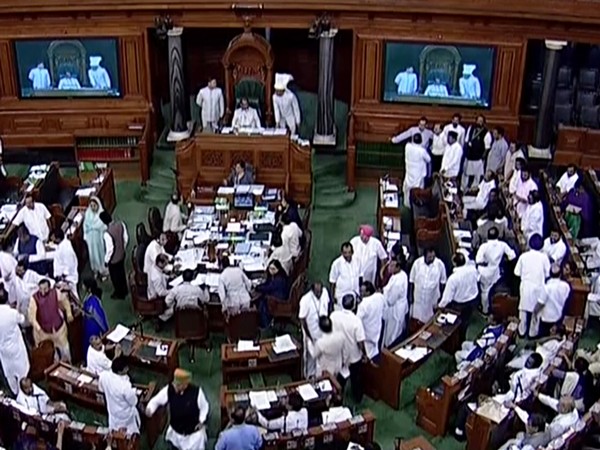Indian space station will provide a research platform unmatched on Earth: Govt

- Country:
- India
The Indian space station, when fully established, will provide a research platform unmatched on this planet, the government said Wednesday, asserting its expected benefits are likely in the areas of human health, disaster relief and food and water conservation. In a written response to a question in Lok Sabha, MoS in the Prime Minister's Office Jitendra Singh said a space station is an integral element of human spaceflight programme as it allows sustained human presence in space to carry out meaningful research.
He, however, said the programme is still at a nascent stage. "India's plan of the space station is a long-term plan after successful operationalisation of Gaganyaan," he said.
India aims to launch Gaganyaan, its manned mission to space, by 2022. Last month, Indian Space Research Organisation chairman K Sivan announced at a press conference India's plan to have its own space station.
The Indian space station design will be modular with initial modules weighing nearly 20 tonnes. It will have a provision for an extended stay for three crew members. Singh said the Indian space station will provide a research platform that cannot be matched on Earth.
"The expected benefits are likely in the areas of human health, telemedicine, vaccine development, material development, disaster relief, efficient farming techniques, food and water conservation, waste management techniques, environment research and education programmes that inspire the youth," he said. The current space platform is the International Space Station orbiting at an altitude of 400 km.
It is operated by five space agencies: NASA (United States), Roscosmos (Russia), CSA (Canada), JAXA (Japan) and ESA (Belgium, Denmark, France, Germany, Italy, Netherlands, Norway, Spain, Sweden, Switzerland and the UK). In a separate question, Singh said the sanctioned cost of Chandrayaan-2 and Aditya-L1 is Rs 603 crore and Rs 378.53 crore, respectively.
(This story has not been edited by Devdiscourse staff and is auto-generated from a syndicated feed.)
ALSO READ
World Bank-Sweden report reveals poverty and distributional impacts of air pollution in Tbilisi
Two arrested in Spain money laundering probe linked to Venezuelan government
Two arrested in Spain money laundering probe linked to Venezuelan government
Two arrested in Spain money laundering probe linked to Venezuelan government
Sweden expels a Chinese journalist, calling her a threat to national security, report says










